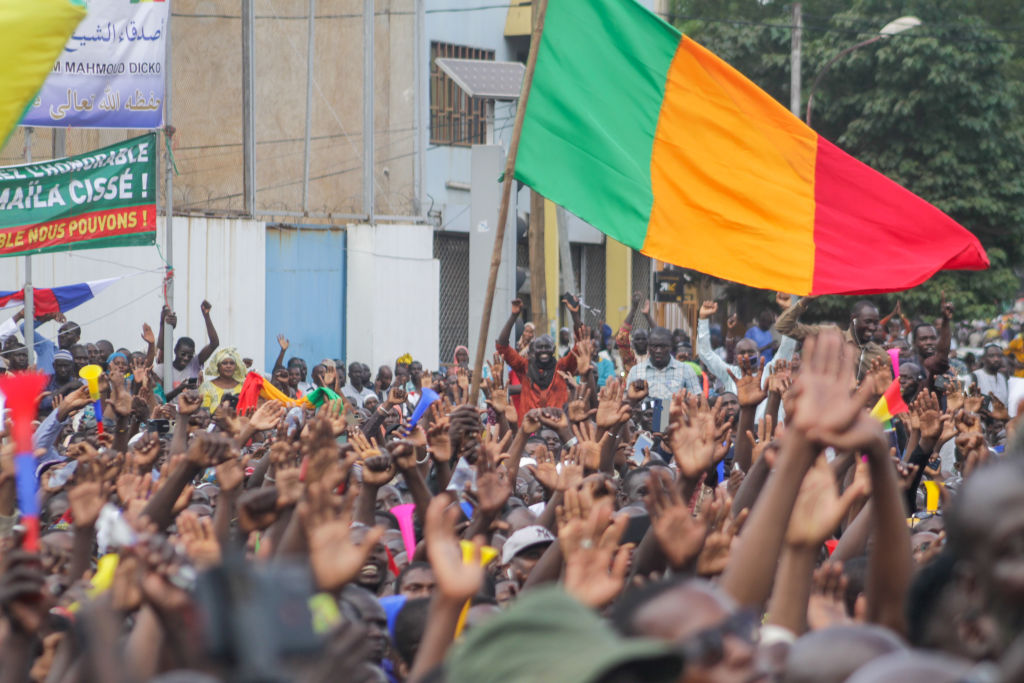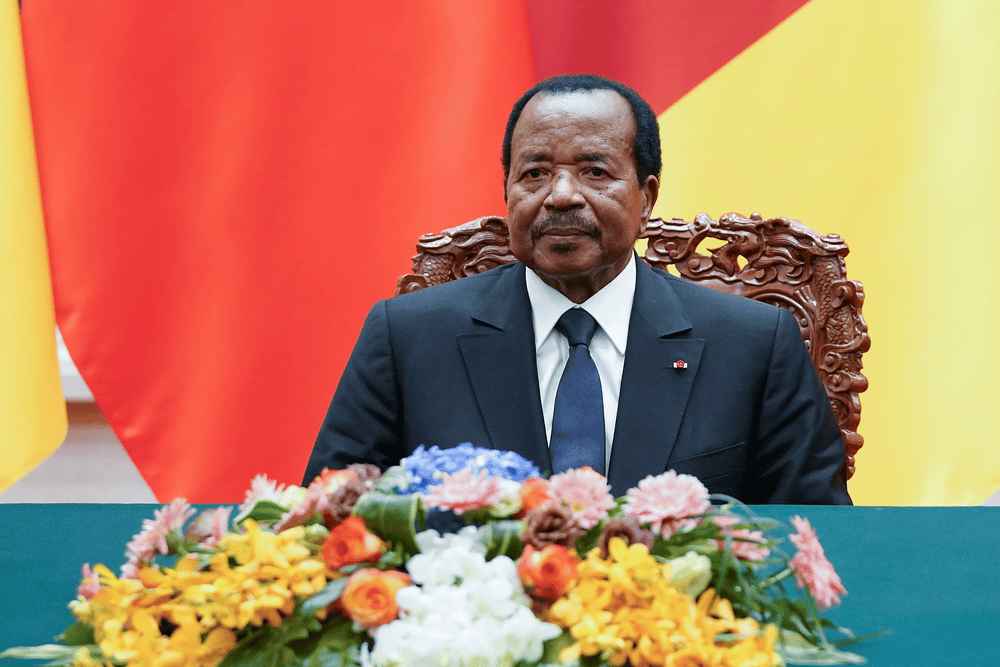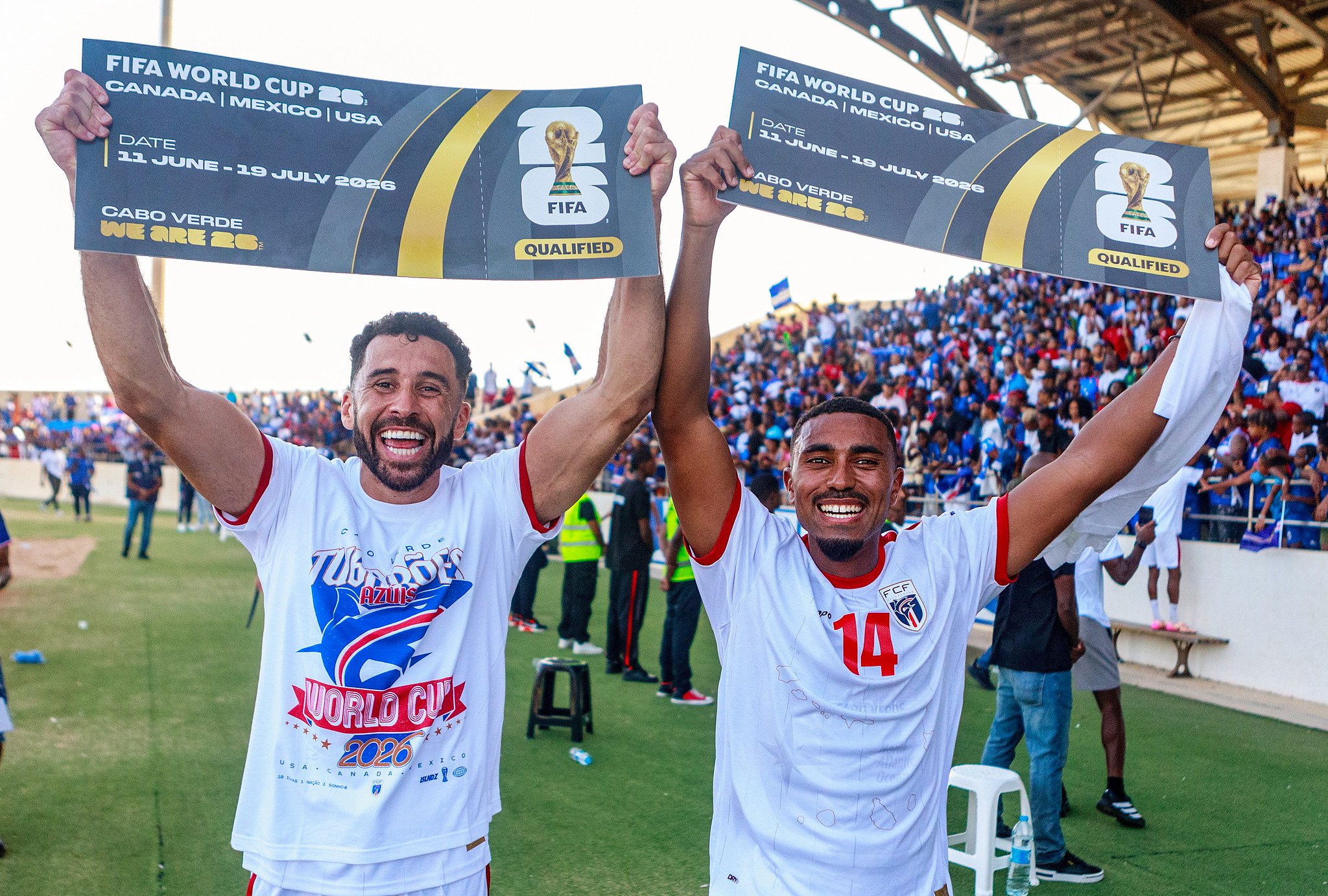
Mali coup, third-term bids fan fears of West African democracy backslide

Until this year, West Africa looked to have shed its “coup-belt” moniker, winning plaudits as a model of democratic progress on the continent. But last month’s putsch in Mali is fuelling fears among activists that gains of the past decade are unraveling.
The power grab came at a time when the presidents of Cote d’Ivoire and Guinea are seeking third terms after winning referendums to alter constitutions that barred them from running again.
While elections are now held consistently across the region, such moves, combined with governments’ attempts to stifle political opposition, are making many West Africans lose faith in the ballot box as a way of holding leaders accountable, activists and analysts say.
“We are asking for strong institutions. But while the institutions exist on paper, the politicians manipulate them from the inside until there’s nothing left,” said Veronique Tadjo, an Ivorian novelist who co-authored a manifesto against third terms.
Political instability could further undermine security in a region where militants linked to al Qaeda and Islamic State are threatening to overrun state forces in inland countries like Mali and extend their influence into coastal nations like Cote d’Ivoire.
Complaints that the March legislative elections in Mali lacked credibility were one factor behind last month’s coup, and tinkering with term limits can also breed instability, experts said.
More than a dozen people have been killed in protests in Cote d’Ivoire since President Alassane Ouattara announced last month that he would seek a third term in October. His opponents called on Sunday for a fresh civil disobedience campaign.
In Guinea, at least 30 people have died during demonstrations since last year against constitutional changes that allow President Alpha Conde to contest next month’s vote.
Both Ouattara and Conde say they have the right to run again, arguing that the new constitutions – approved in 2016 and this March, respectively – reset term limits. Their opponents dispute this.
“In democracy, there is nothing more legitimate than the popular will expressed at the ballot box,” Tibou Kamara, one of Conde’s spokesmen, told Reuters.
Conde, whom critics have long accused of angling for a third term, says he needs more time to carry out his development agenda, which was interrupted by the 2014-2016 Ebola outbreak.
An Ivorian government spokesman did not respond to a request for comment.
Ouattara said in March that he wouldn’t be a candidate, but reversed himself after his preferred successor, Prime Minister Amadou Gon Coulibaly, died in July. Ouattara called the decision to run a “true sacrifice”, necessary to protect the economic and social gains of his presidency.
DOUBLE STANDARD?
Already in 2019, West Africa showed the greatest decline in political rights and civil liberties of any region in the world, according to U.S. watchdog Freedom House, which cited flawed elections in Senegal and Nigeria and political crackdowns in Benin.
There is no single reason for the democratic backsliding, although several experts pointed to the waning influence of the Economic Community of West African States (ECOWAS) bloc.
In 2015, the 15-member body came close to banning third terms in what would have been a first for an African regional body. But analysts say ECOWAS failed to follow through on the issue, weakened by divisions between Francophone and Anglophone countries and regional powerhouse Nigeria’s preoccupation with domestic concerns.
International powers such as the United States have become less outspoken on democracy issues, said Mathias Hounkpe, one of the experts commissioned by ECOWAS who recommended the two-term limit.
“What we are experiencing today is a weakening of the position of the international community when it comes to liberal values,” he said.
ECOWAS leaders took a hard line against the Mali coup by immediately imposing economic sanctions.
Those measures, which were softened when some leaders demanded exceptions for fuel and other essential products, failed to force the junta to restore the deposed president.
The coup leaders did, however, announce on Monday that a civilian interim president had been appointed, acceding to one of ECOWAS’s main demands.
The bloc’s actions have also drawn criticism from pro-democracy activists who see a double standard at play in its forceful condemnations of the coup, the second in Mali in eight years, but official silence on Ouattara and Conde’s candidacies.
An ECOWAS spokeswoman did not respond to a request for comment.
Analysts say it is more difficult for ECOWAS to mobilise its members against constitutional changes that were approved by referendums and domestic courts than extra-legal coups.






